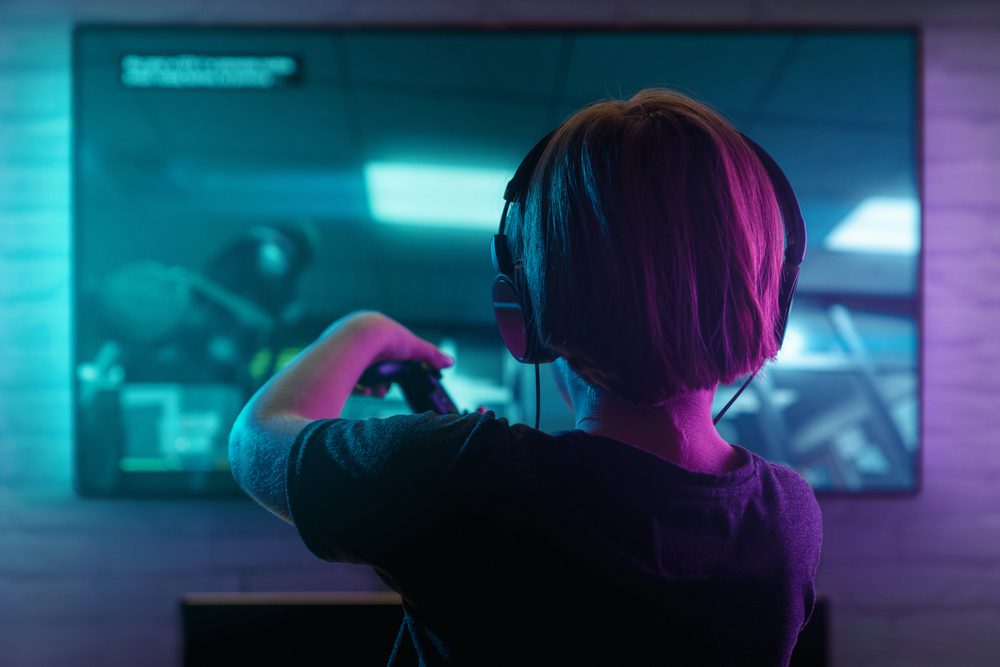
Hundreds of individuals—mostly teenage boys—are treated by Britain’s National Health Service (NHS) every year due to “gaming disorders.” Police are also “regularly” called out to family homes when children become aggressive due to their parents attempting to limit their access to video games or to the internet, according to The Times.
The paper reports that the first NHS centre for gaming disorders has treated 745 patients with an average age of 17 since it opened in October 2019. This includes 327 people last year alone. The World Health Organization first included “gaming disorder” in the 11th edition of its International Statistical Classification of Diseases and Related Health Problems (2018), describing this as being manifested by
1. impaired control over gaming (e.g., onset, frequency, intensity, duration, termination, context); 2. increasing priority given to gaming to the extent that gaming takes precedence over other life interests and daily activities; and 3. continuation or escalation of gaming despite the occurrence of negative consequences.
The usage of video games and technology more generally by younger and younger children has increased over recent years, exacerbated by government-imposed lockdowns. One education provider told a 2022 report by inspector Ofsted that children spent so much time on screens during this period that some “started to speak in accents [most likely American] and voices that resemble the material they have watched.” The paper also found that a ban on normal human interaction meant “some have noticed that children have limited vocabulary or lack the confidence to speak.” Even babies were noted to have problems recognising or responding to “basic facial expressions.” These broader issues point to a world in which children are more comfortable in front of a screen than before another social being.
It is also worth considering the gaming customs of adults, from whom children largely acquire their habits. Close to two-thirds of UK adults played video games during lockdown, according to Ofsted (an increase on previous years), and Britons are reported to have spent around £7 billion on gaming in 2020. Polling conducted earlier this year by web company ExpressVPN suggests that 72% of UK adults now play video games every day; that 18% think of games all the time and 53% have “given up other hobbies since starting to game.”
Child advocacy group UsForThem described the findings about child gaming disorders as “disturbing.”
Disturbing piece on children's gaming addiction, a problem exacerbated by lockdown when children “took refuge in online friendships”.
— UsForThemUK 🌟 (@UsforThemUK) March 28, 2023
Prof @HBowdenJonesOBE: Gaming companies should implement self-exclusion mechanisms so people can limit their play.https://t.co/7yNjAO7xyz
The Times report reveals that some children have told doctors they would “rather be dead than not game.” Psychiatrist Professor Henrietta Bowden-Jones, who founded and now directs the NHS gaming disorders centre, told the paper she was not surprised by increased police involvement:
Sometimes out of frustration, the child is self-harming. I have seen a couple of children trying to strangle themselves with their own hands, saying they’d rather be dead than not game.
